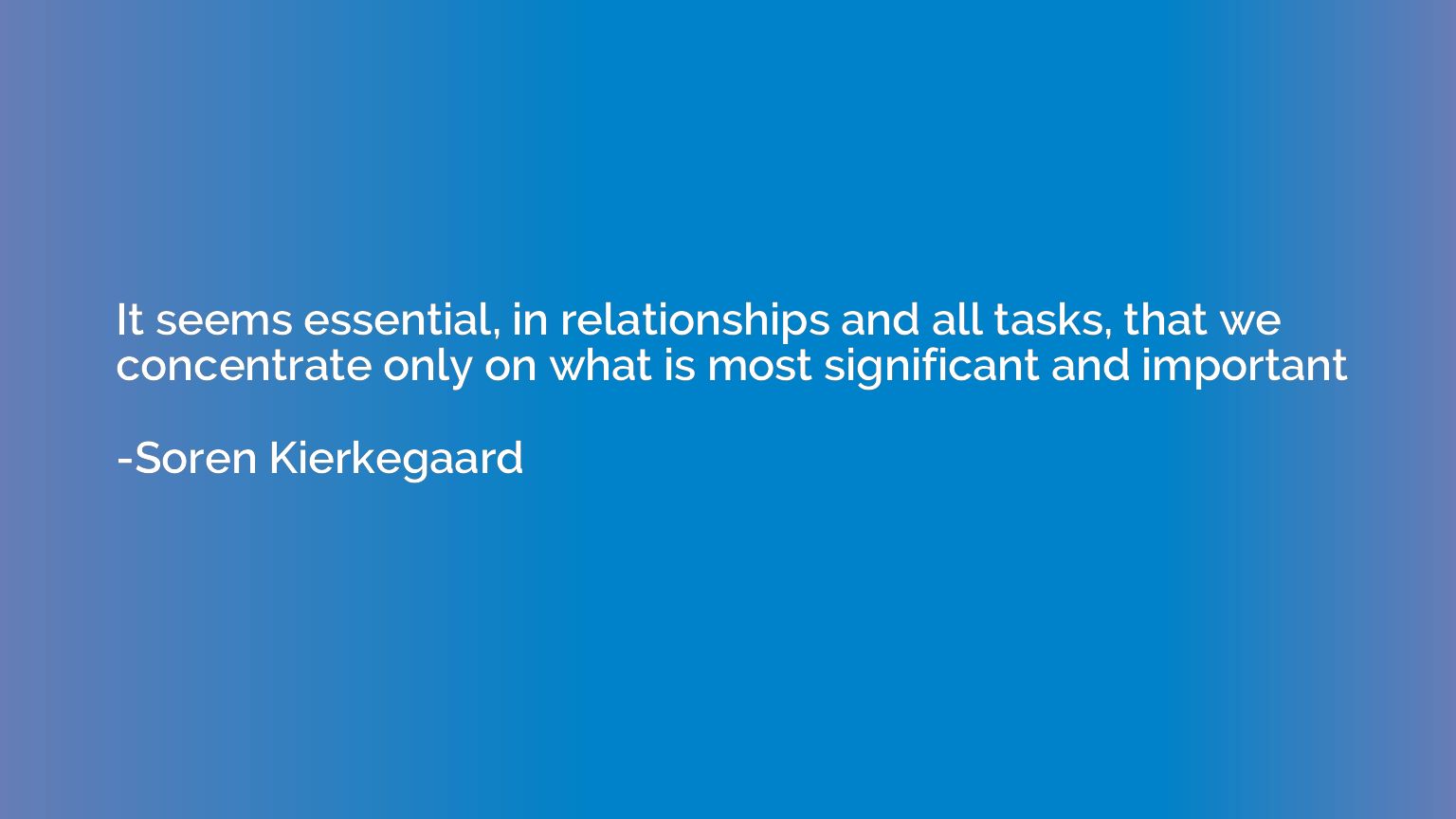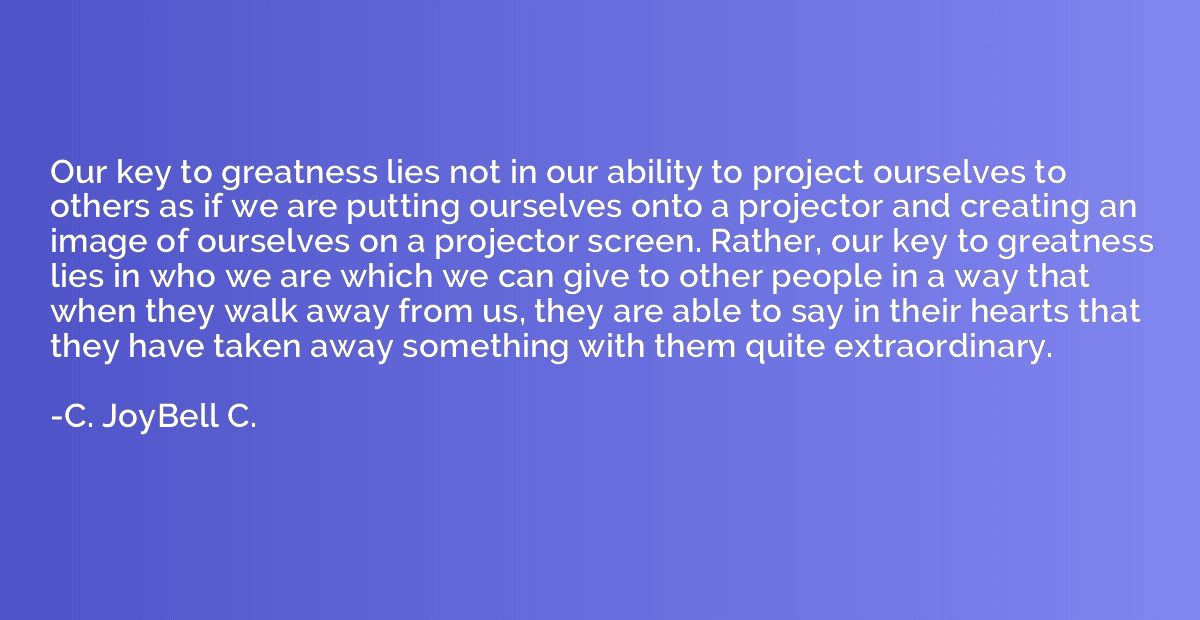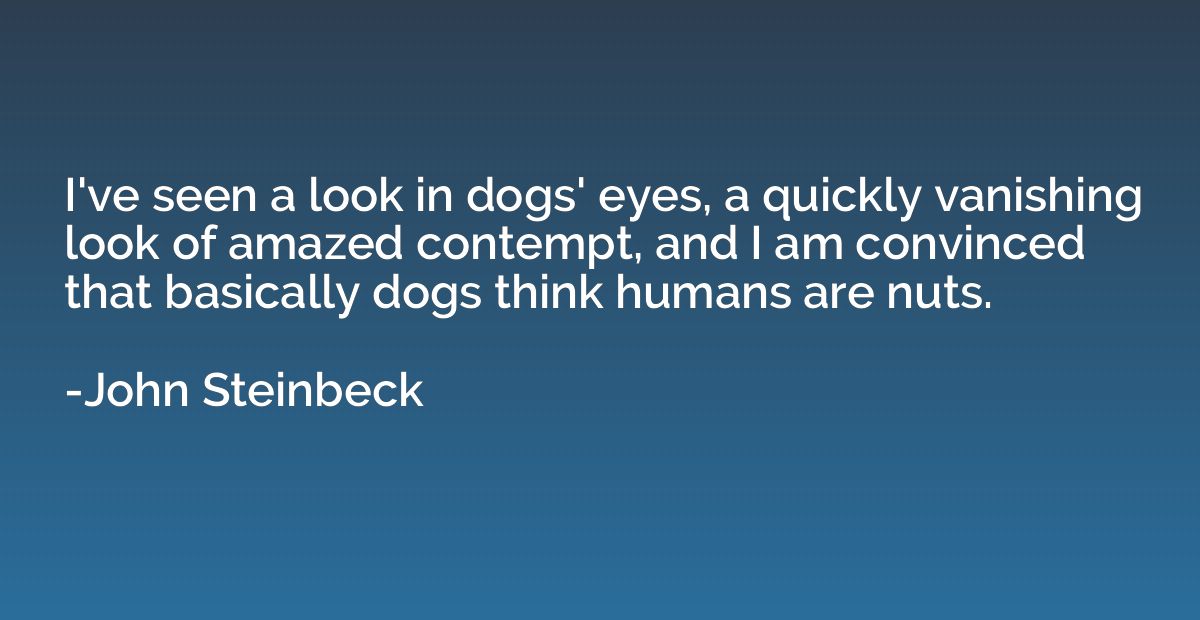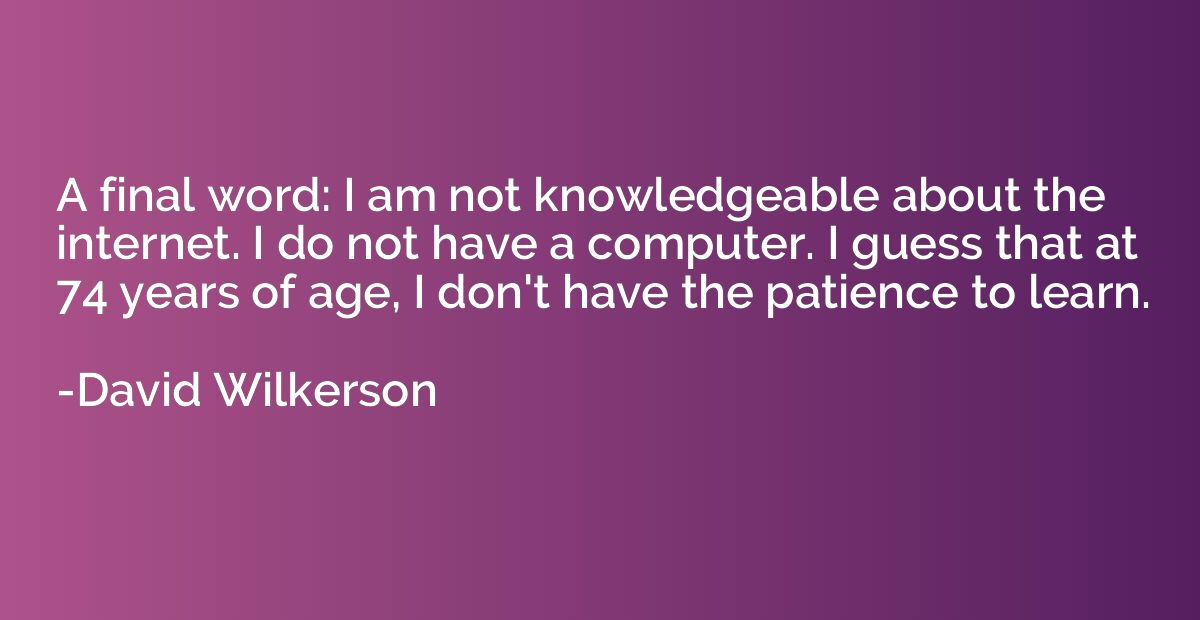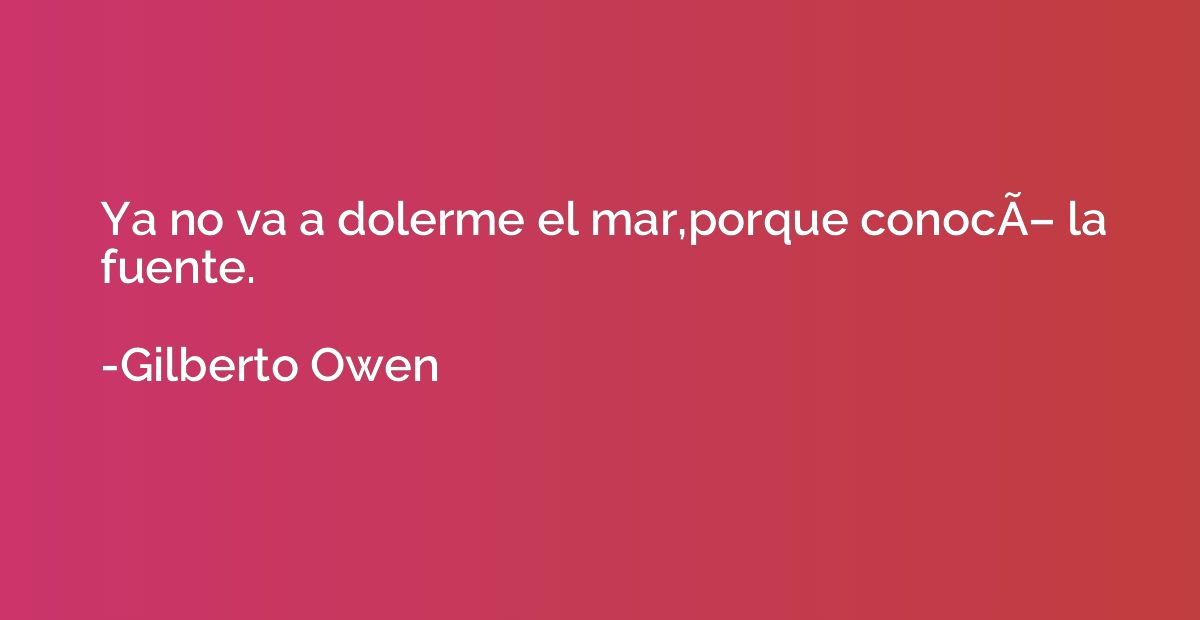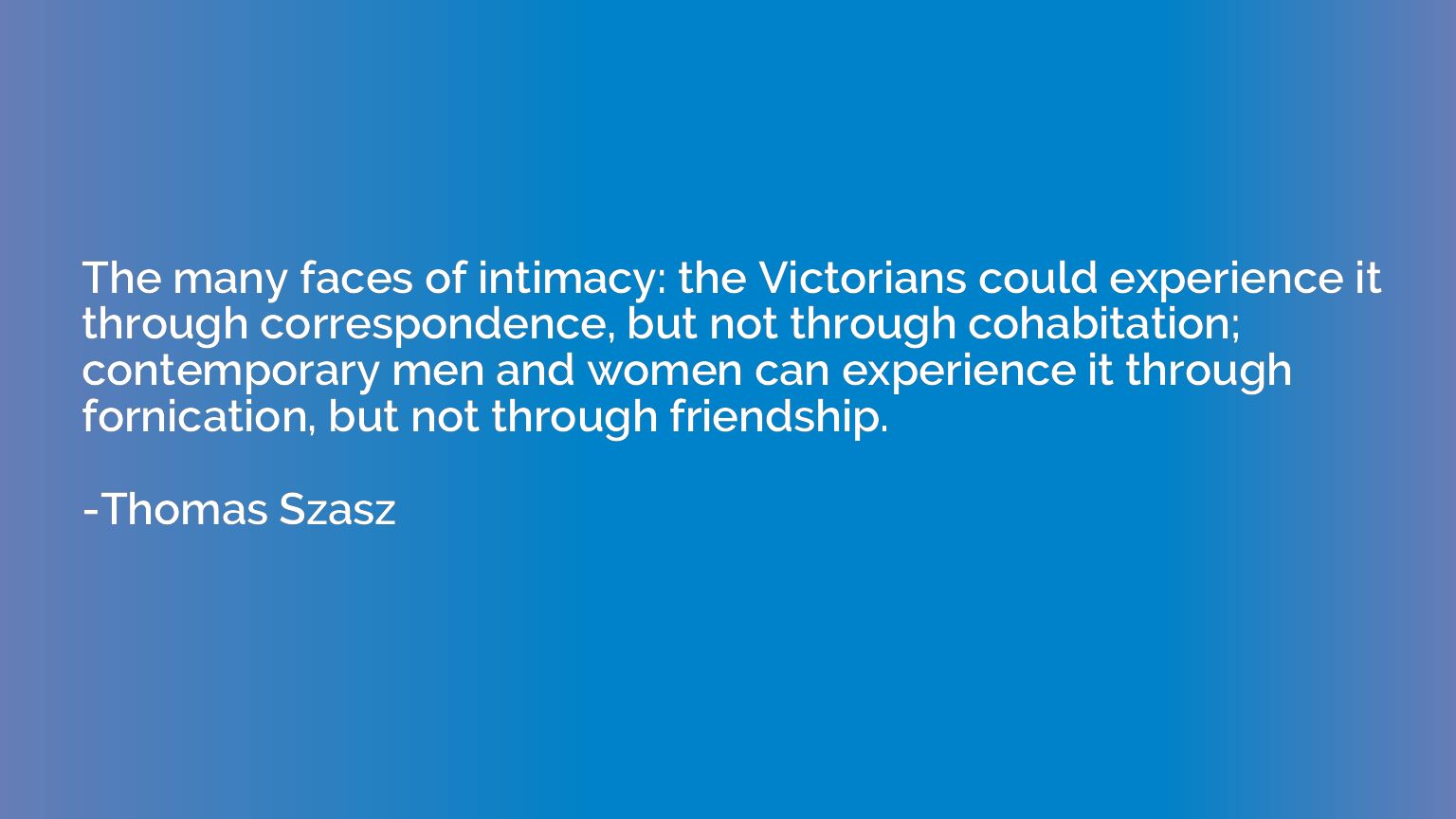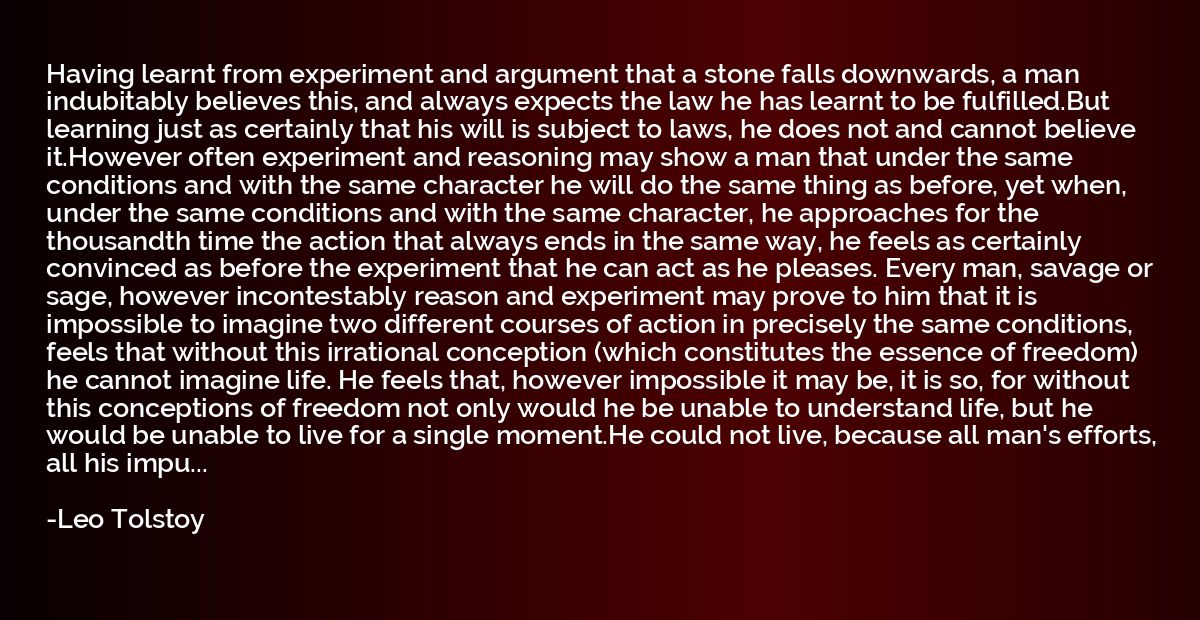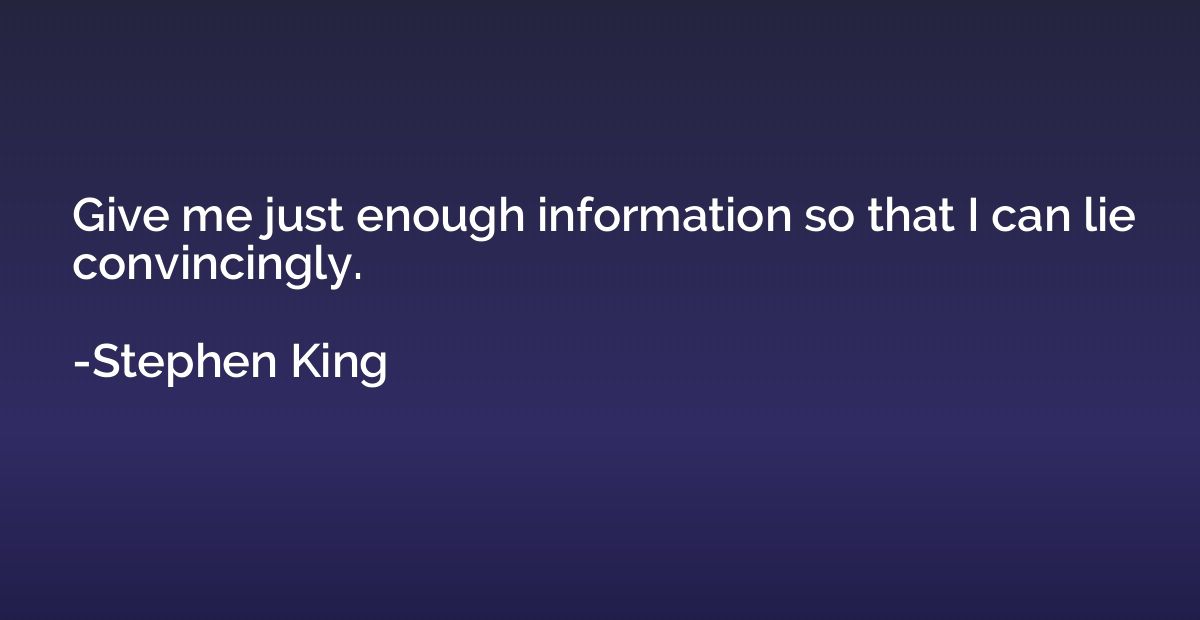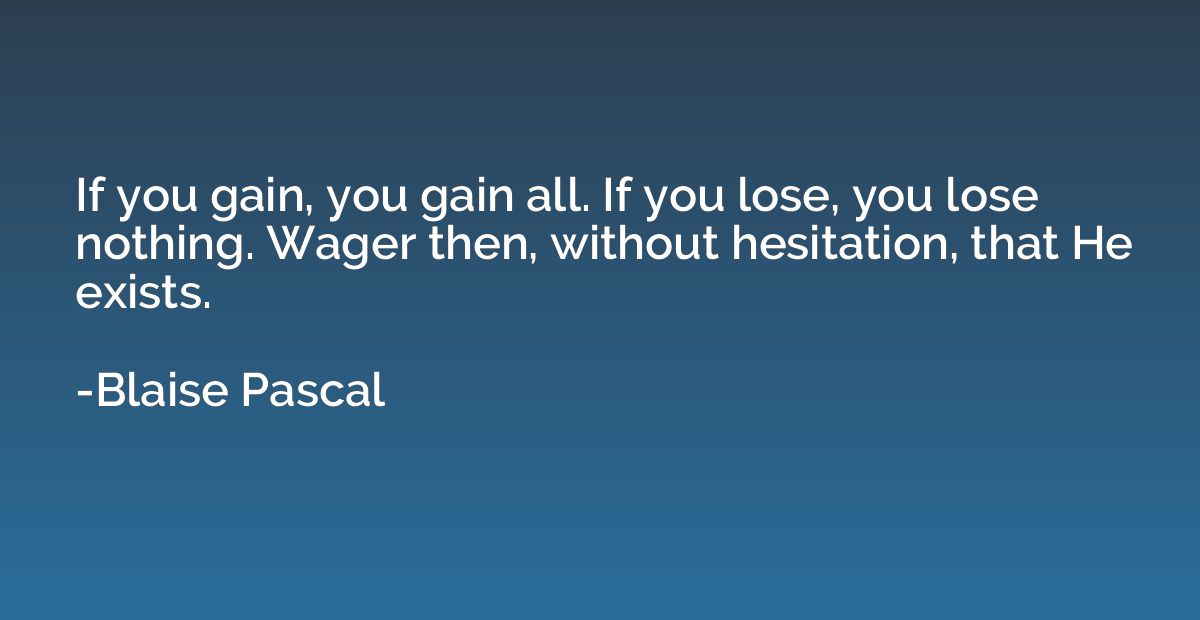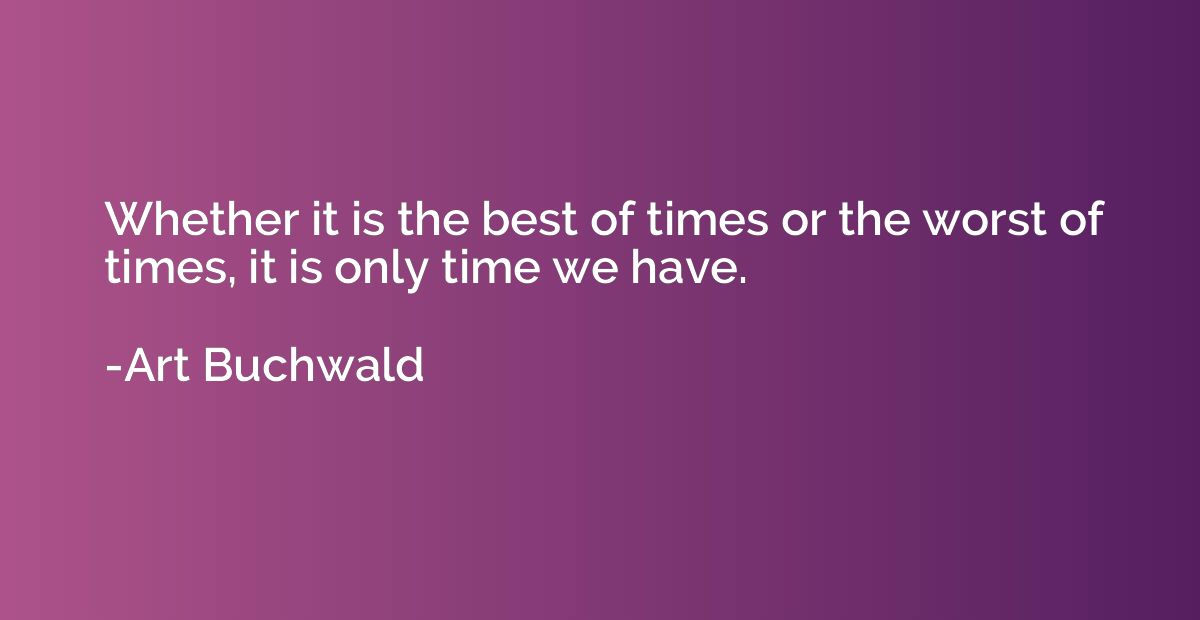Quote by Bernie Zilbergeld
The Chinese pianist Liu Chi Kung was imprisoned for seven years during the Cultural Revolution, during which time he had no access to a piano. When he returned to giving concerts again after he was released, his playing was better than ever. Asked how this was possible since he had not practice for seven years, he replied: I did practice, every day. I rehearsed every piece I had ever played, note by note, in my mind.
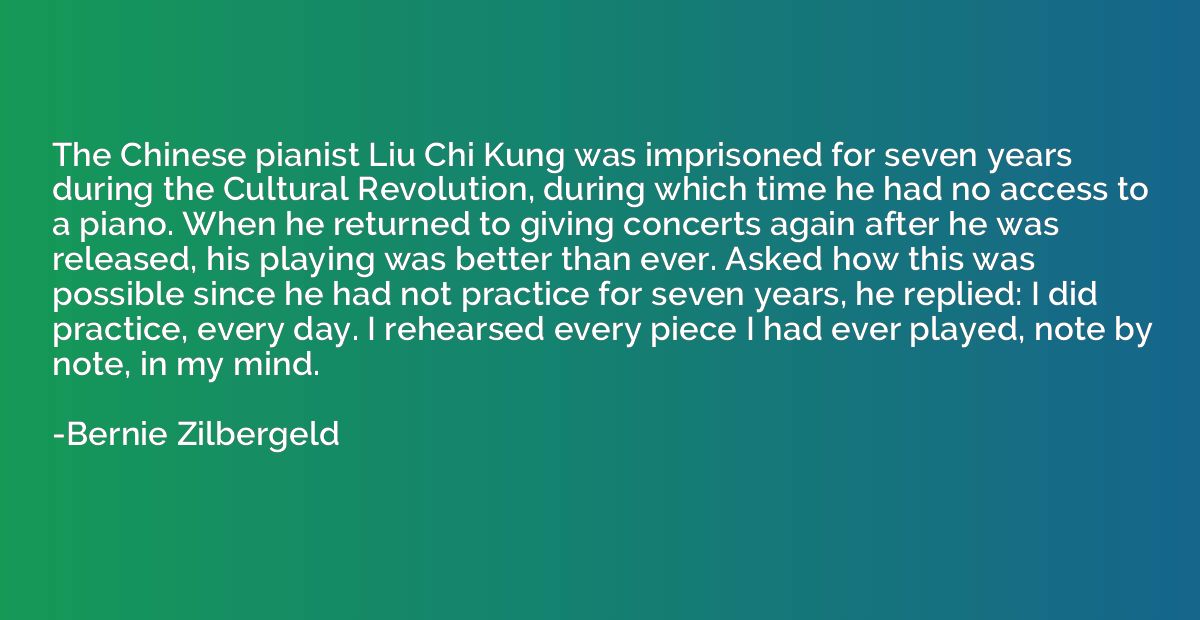
Summary
This quote highlights the power of mental rehearsal and demonstrates the resilience and determination of Liu Chi Kung. Despite being unable to physically practice the piano during his imprisonment, he found a way to keep his skills sharp. By mentally rehearsing every piece he had ever played, he maintained his musical abilities, leading to improved performance when he finally got the opportunity to play again. This story showcases the importance of visualization and the impact of strong discipline and dedication even in challenging circumstances.



